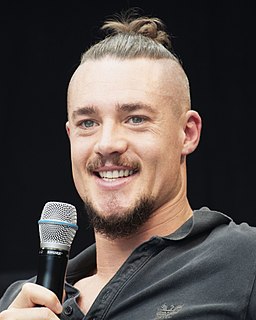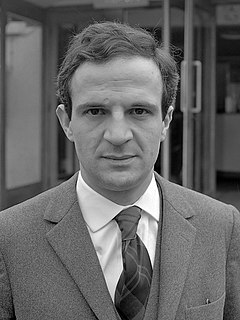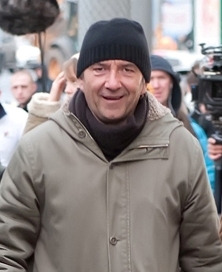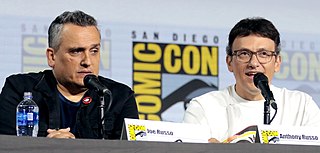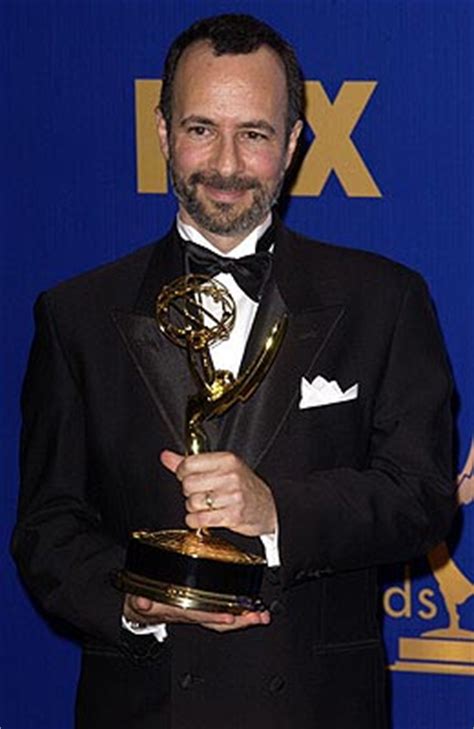A Quote by Douglas Booth
Obviously, you never shoot the scenes of a film in order or only very rarely.
Related Quotes
It's never the practice to shoot the scenes in the proper order. Sometimes you shoot the final scenes of a film before you've even started the beginning. So you get good at it because you have to sort of just eliminate the memories of something you've done as an actor, which you haven't done as the character yet. But it sometimes is a bit of a mind-f**k.
I came back to Haiti after the earthquake not to shoot a film, but to help and be a part of the rebuilding process, like all my fellow compatriots. I didn't come to shoot a film, but I became frustrated when I realized that my help was kind of useless. We all felt lost and helpless. And it's out of that frustration that I decided to shoot a film.
Somebody comes to your house. You know they're coming, so it's not a surprise. And they give you an envelope that has your scenes in it. And they sit in the car outside for a half an hour while you read your scenes, then they ring your doorbell and you give your scenes back. Then you shoot the movie a few weeks later or something. The next time you see your scenes is the night before you start shooting. I never read the script [Blue Jasmine], so I didn't really know what it was about.






